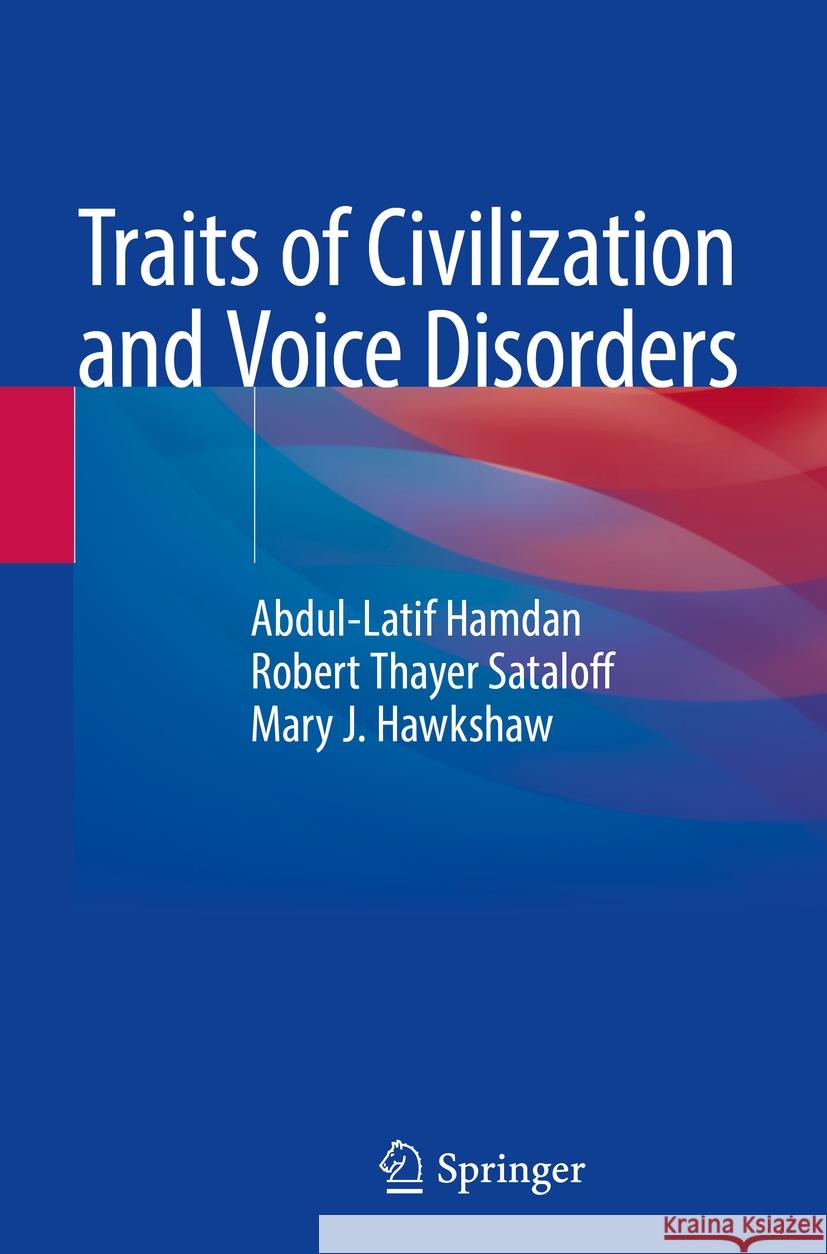Traits of Civilization and Voice Disorders » książka
topmenu
Traits of Civilization and Voice Disorders
ISBN-13: 9783031157523 / Angielski / Miękka / 2023
Traits of Civilization and Voice Disorders
ISBN-13: 9783031157523 / Angielski / Miękka / 2023
cena 462,91
(netto: 440,87 VAT: 5%)
Najniższa cena z 30 dni: 443,35
(netto: 440,87 VAT: 5%)
Najniższa cena z 30 dni: 443,35
Termin realizacji zamówienia:
ok. 22 dni roboczych.
ok. 22 dni roboczych.
Darmowa dostawa!
This book reviews the interface between the traits of civilization and voice. It addresses concepts such as where the human voice stands in society and what the impact of civilization is on voice as a means of communication across diverse cultures, social hierarchies, and religious practices.
Understanding voice disorders in the context of civilization traits and changes, and analyzing the impact of those traits is invaluable for otolaryngologists, speech language pathologists, voice teachers and others engaged in the diagnosis, treatment and/or training of patients with dysphonia. The book highlights cross-cultural variations in voice acoustics and self-perceived dysphonia, and the impact of religious observance on voice. This information is crucial in differentiating the normal voice from the abnormal, given differences associated with various civilizations and cultures.
Traits of Civilization and Voice Disorders provides a far-reaching perspective on the interface between the human voice and its surroundings; as a result, this book is situated as an invaluable resource for otolaryngologists, speech language pathologists, and voice teachers in the diagnosis, treatment and training of patients with voice disorders.











